Gender dynamics at Lab mirror Kavanaugh case
October 12, 2018
“Just roofie her.”
“If you want to keep your man, you have to let him do anything to you.”
“I’ll stop if she says no three times.”
As the saga of Brett Kavanaugh’s Supreme Court confirmation hearings and sexual assault allegations unfolded in September and earlier this month, it’s comments like these, all said by my classmates, that firmly anchored the actions of a 17-year-old Kavanaugh in 1982 to how women and girls at U-High have been treated and dismissed throughout my present-day high school experience.
Graduates of Georgetown Prep, the high school Judge Kavanaugh attended, are often in positions that shape the direction, policies and culture of this country. Similarly, U-High graduates inevitably become leaders in business and politics, but given the events I’ve witnessed from since entering high school, I am not comforted by that inevitability.
In her testimony to the Senate Judiciary Committee, Christine Blasey Ford said the most visceral memory of her assault at the hands of Kavanaugh and Mark Judge is the laughter shared by the two boys during the act, her trauma merely being the stage for the friends to have “a really good time with one another.”
During my four years at U-High, I have similarly seen viciously misogynistic behavior, from threatening, sickeningly degrading comments in group chats to consensually questionable encounters, brushed aside by male perpetrators and bystanders as funny situations meant to be laughed at or praised in the company of other boys. To them, this behavior is just “a really good time.” To us, their female classmates, these actions represent every barrier we continually face to be seen as anything other than sexual objects by society and by our peers.
Our school’s gender dynamic is shaped in part by the bitter resentment I’ve seen U-High boys direct, often in private, toward girls who defend themselves and others against this culture that undermines our safety and autonomy at school. Girls who protest are routinely dismissed as over-sensitive social justice warriors, and boys refuse to acknowledge, or simply don’t care, that their actions can cause real pain towards their classmates, peers and friends. Our ideas, objections and anger are perpetually discounted, whether in a Harkness discussion or at a party, in the classroom or in the bedroom.
In countless interactions, I haven’t spoken up for myself or my female classmates because I didn’t want to be mocked as shrill, abrasive or hysterical. But I am sick of deferring to the voices of those who only laugh and question our intelligence, sanity and worth, because to them our pain is inconsequential.
With the intense polarization over Kavanaugh’s confirmation to serve on the nation’s highest court, it’s clear that as a country, the lifelong suffering of teenage girls and women perpetrated by boys and men continues to pose no barrier to the highest powers offered in our society.
To my male classmates at U-High who are outraged, look no farther than within yourselves, your friends and your classmates to see how these systemic problems take root. Wounding words, attitudes and actions surround your female classmates and your friends every single day. It’s not clear whether these will have permanent repercussions on the perpetrators, but our national and school culture will never change until we all demand better from ourselves, our classmates and our future leaders.



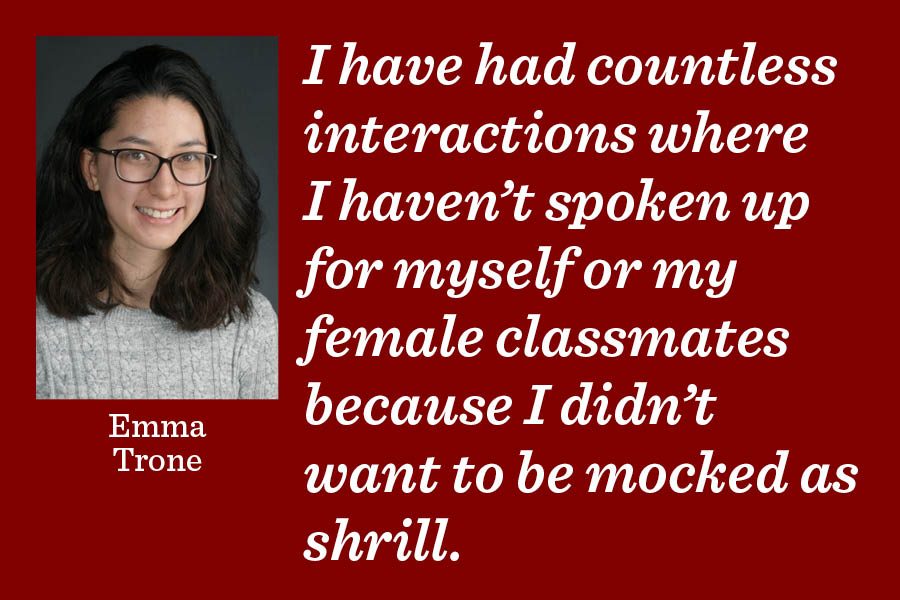




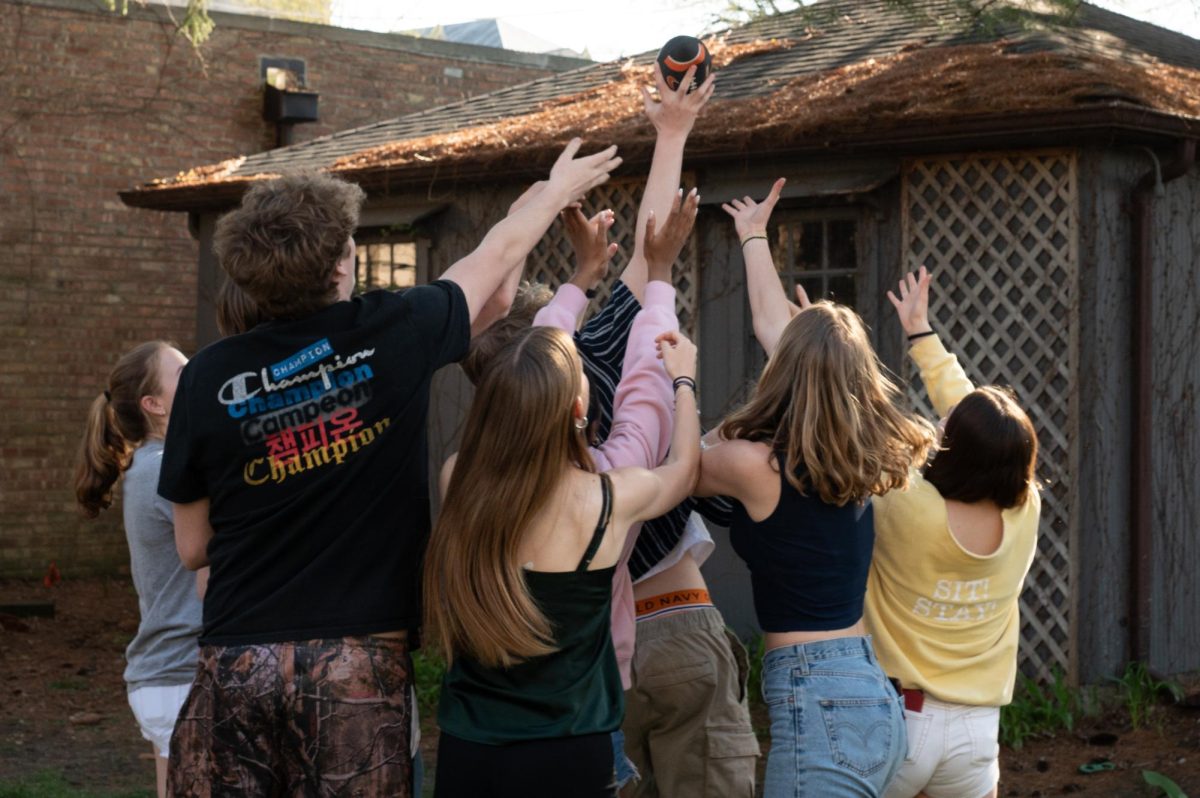

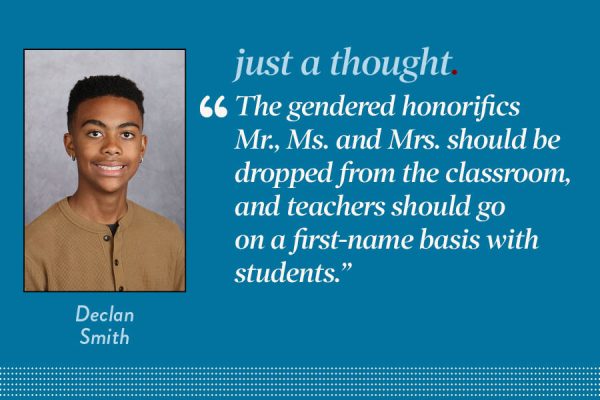

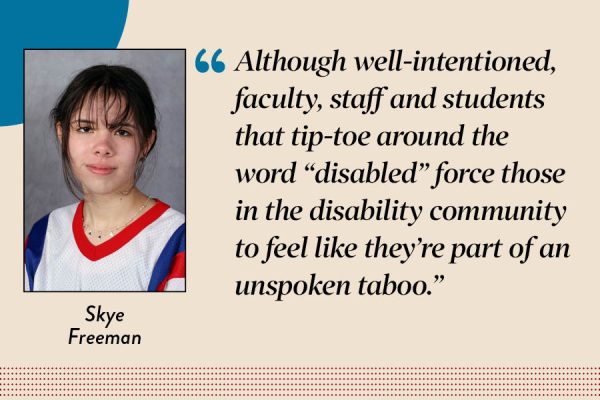



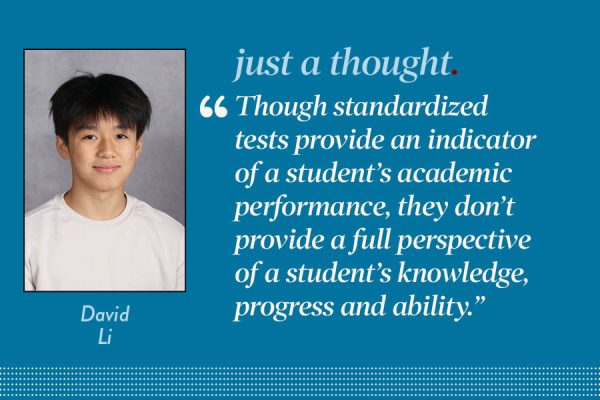

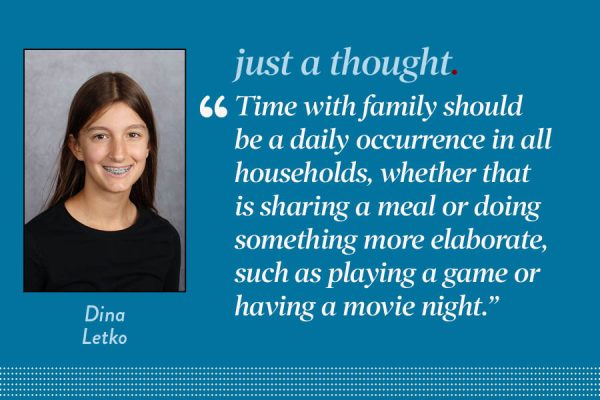
Linda Weide • Jan 31, 2019 at 2:33 pm
I too commend you Emma on interesting reporting on this important topic. Identifying problems is the first step to making positive changes. Now, it is time for next steps. I would really like to see some follow up articles on this topic. Was gender parity a part of the Health and Wellness survey? Perhaps this is something that the Midway could examine more closely. I have only recently started to read the Midway online and I appreciate the high quality of the journalism and your willingness to take on important issues. The Midway is taking leadership to solve problems in our school with its incisive reporting. Thank you.
Anne Sprute • Oct 12, 2018 at 6:18 pm
Emma – very well stated and thoughtful. I applaud you bringing to the surface what others are afraid to express as being dismissed, and inconsequential. It is true that it takes someone to start the dialogue, however it will take your peers to come together and find common ground in working through these and other social injustices towards women in an open, respectful forum. To affect change in peoples behaviors, the dialogue needs to start with respect towards each others life experiences and viewpoints being heard from all perspectives. Thank you for being brave enough to start the conversation and calling out what clearly is unacceptable behavior that needs to change.